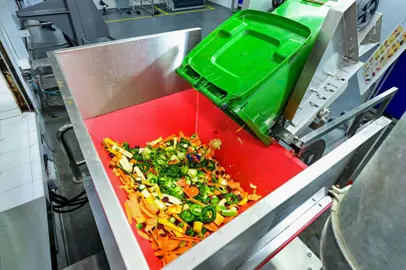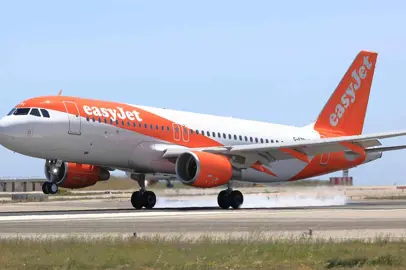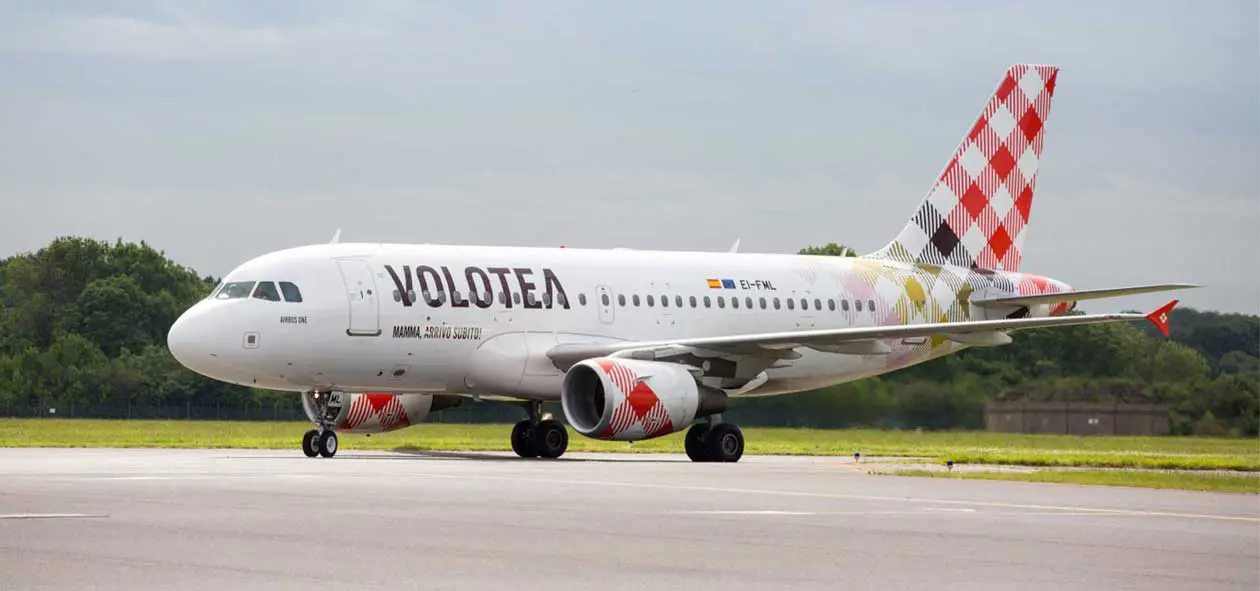13 September 2024
Volotea and Enilive together for sustainable air transport
Agreement to promote the use of sustainable fuels (SAF) in 15 Italian airports to reduce CO2 emissions
Volotea and Enilive have signed a Letter of Intent (LoI) to develop a long-term commercial agreement aimed at the supply of SAF (Sustainable Aviation Fuel) in 15 Italian airports, a crucial step towards the decarbonization of air transport in line with the objectives of the European Union. This agreement could allow Volotea to access up to 15 million liters of SAF between 2025 and 2030, with the fuel produced predominantly from waste and biological waste in Enilive's biorefineries.
Volotea, already committed to reducing CO2 emissions, has started using SAF in its flights since 2022, and plans to significantly increase the adoption of this biofuel thanks to the partnership with Enilive. According to IATA, SAF is the most immediate alternative to reducing CO2 emissions by up to 80% compared to conventional fuels, making it crucial for a transition to a more sustainable economy.
Sustainable future for the aviation industry
With this agreement, Volotea and Enilive not only strengthen their commitment to greener aviation, but also contribute to the achievement of the objectives of the European ReFuelEU Aviation Regulation, which imposes minimum shares of sustainable fuels, starting with 2% from 2025 and reaching 70% by 2050.
"The agreement with Enilive represents a further step towards sustainability in our sector," commented Gloria Carreras, Volotea's ESG Director, underlining the company's goal of reducing direct CO2 emissions per passenger-kilometer by 50% by 2025, five years ahead of initial targets.
Stefano Ballista, CEO of Enilive, added: "This agreement confirms our strategy of expansion in the production of biofuels and SAF, with plants operating in several locations, including Gela and Porto Marghera, which will allow us to meet the growing demand for sustainable fuels from airlines."
Future commitments and goals
Volotea continues to grow rapidly in Europe, with an expanding fleet and new routes planned for 2024. Its sustainability program, Voloterra, is based on five pillars: operational efficiency, emission reduction, innovation, emissions offsetting and transparency. With over 50 sustainability initiatives already in place, Volotea is determined to further reduce its carbon footprint, aiming for a 58% decrease in CO2 emissions by 2030.
By the Editorial Board of Avion Tourism Magazine
Text source and photo: © Volotea Press Office
Photo: Copyright © Volotea.
Advertising
Flights
Partnership with Booking.com
Hotel
You might be interested in
Sustainability

Sustainable Mobility
On board with less waste: Emirates catering becomes more sustainable
In Dubai, one of the world's largest biodigesters reduces waste and CO₂, improving the environmental impact of meals served in flight
Sustainability

Sustainable Mobility
easyJet focuses on efficiency and sustainability
Sharklet on Airbus A320ceo by summer 2026 to reduce fuel consumption and emissions: the aircraft involved operate at major bases including Berlin, Lisbon, London Gatwick and Milan Malpensa
Sustainability

Sustainable Mobility
Emirates' sustainable amenity kits
New designs for pouches made from bio materials, illustrations of endangered species, and Aveda products in the new Premium Economy and Economy amenity kits for long-haul flights




